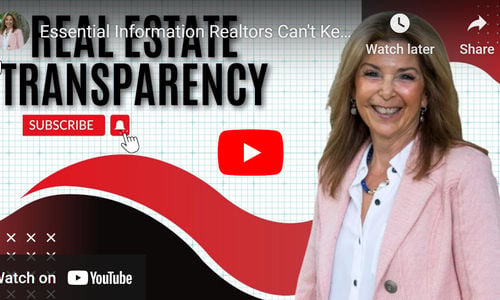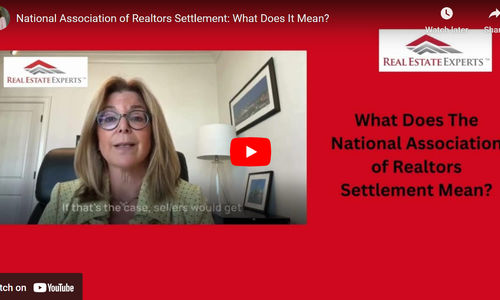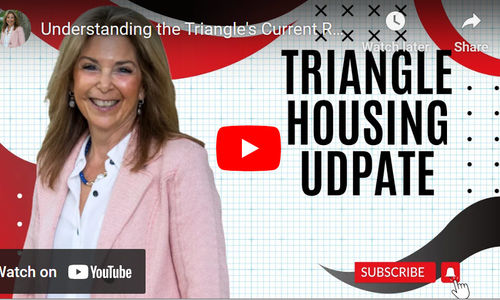The NC Property Disclosure Form has Changed
Things that you need to know about the new property disclosu…

Things that you need to know about the new property disclosu…

What you need to know about the new NAR settlement and selle…

What is the impact of the NAR settlement for both buyers and…

Understanding the things that a Realt…

https://youtu.be/Lf64jSKA9RQ?si=maeCyDvMD5XXbSGL To sum t…

The Acorns app has been my favorite way to save and invest m…

Chatham County’s market is shaping up to be a good place f…

The origins of the NAR lawsuit go back to a case from the 19…

https://youtu.be/FyF1QXYoync?si=5w5V8Ix4_KU69QFL In light…

Let’s go over what the current Triangle Area…